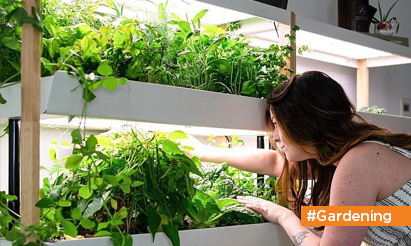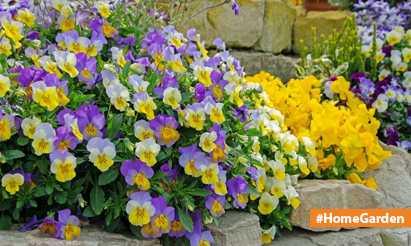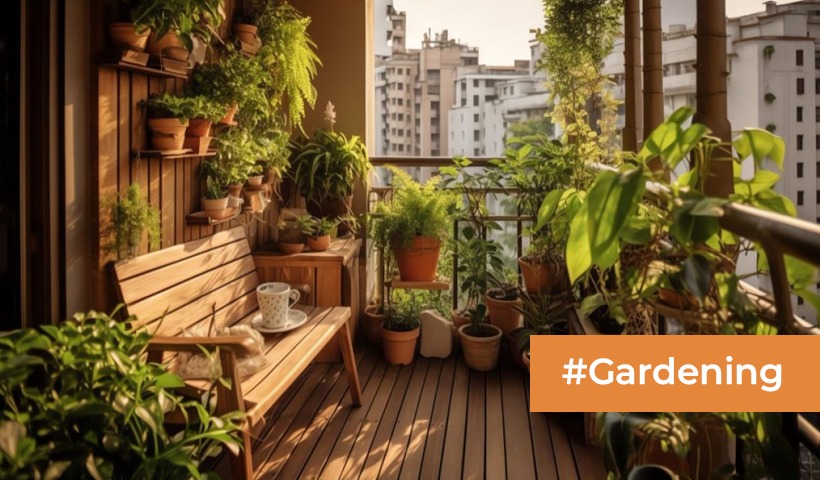Protecting Your Pets: Identifying Common House Plants that Pose Risks!
There are many houseplants that are toxic to pets, so it is important to be aware of them if you have furry friends. Some of the most common toxic houseplants include:
- Azaleas: All parts of the azalea plant are poisonous to dogs, cats, and horses. If ingested, it can cause vomiting, diarrhea, and even death.
- Dieffenbachia: Also known as dumbcane, all parts of the dieffenbachia plant are poisonous to pets. If ingested, it can cause burning in the mouth and throat, difficulty swallowing, and even death.
- Lilies: All parts of lilies are poisonous to cats, and even a small amount can be fatal. If ingested, it can cause kidney failure.
- Philodendron: All parts of the philodendron plant are poisonous to pets, but the leaves are the most toxic. If ingested, it can cause vomiting, diarrhea, and difficulty breathing.
- Pothos: Also known as devil’s ivy, pothos is a popular houseplant that is toxic to pets. If ingested, it can cause vomiting, diarrhea, and drooling.
- Sago palm: All parts of the sago palm plant are poisonous to pets, but the seeds are the most toxic. If ingested, it can cause vomiting, diarrhea, seizures, and even death.
- Tulip bulbs: Tulip bulbs are poisonous to dogs and cats. If ingested, they can cause vomiting, diarrhea, and even death.
If you think your pet has ingested a toxic plant, it is important to seek veterinary attention immediately. There is no specific antidote for plant poisoning, but your veterinarian will be able to induce vomiting and provide supportive care.
Here are some tips to keep your pets safe from toxic plants:
- Keep toxic plants out of reach of pets. This means placing them on high shelves or in rooms that your pets cannot access.
- Be aware of the plants that are toxic to pets. This information is often available on plant tags or online.
- If you are unsure whether a plant is toxic, err on the side of caution and keep it away from pets.
- If you think your pet has ingested a toxic plant, seek veterinary attention immediately.
By following these tips, you can help keep your pets safe from toxic plants.
Disclaimer: The views expressed above are for informational purposes only based on industry reports and related news stories. PropertyPistol does not guarantee the accuracy, completeness, or reliability of the information and shall not be held responsible for any action taken based on the published information.



